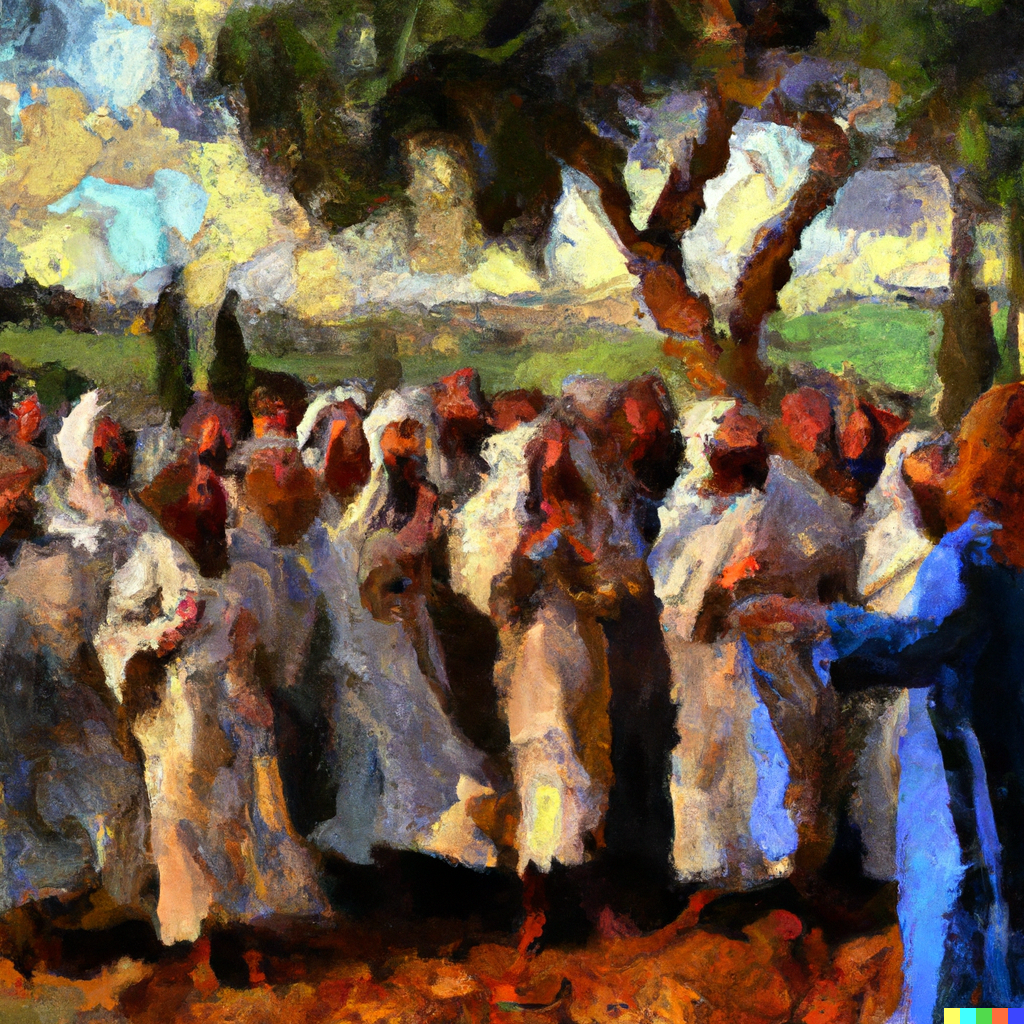Today’s sermon covers the “I am” statements that Jesus makes in the Gospel of John. Recorded live on 12/11/22. Sermon starts at 32:40.
The “I am” statements of Jesus throughout the Gospel of John have been the source of much discussion and debate throughout the centuries. From a fundamentalist theological perspective, these statements are significant as they are an example of Jesus’ divine nature and His power as the Son of God.
In John 6:35, Jesus declares “I am the bread of life.” This statement is a powerful metaphor for the importance of Jesus’ role as the source of spiritual sustenance for those who believe in Him. It is a reminder that Jesus is the only path to salvation and eternal life, and those who follow Him will be nourished spiritually.
John 8:12 says “I am the light of the world.” This statement affirms the truth of Jesus’ teachings, and His divine status as the source of spiritual light that guides humanity through darkness. It is a reminder to believers that Jesus is the only path to truth and spiritual guidance, and that all should follow Him for spiritual enlightenment.
John 10:14 states “I am the good shepherd.” This metaphor is significant in the context of the Old Testament, as it refers to the role of the shepherd in protecting and guiding the flock. It is a reminder that Jesus is the one who will protect and guide those who follow Him, and that they should place their trust in Him.
John 11:25 says “I am the resurrection and the life.” This statement is a powerful proclamation of Jesus’ divine power and authority, as He is the one who has the ability to bring eternal life to those who believe in Him. It is a reminder that Jesus is the only path to true life, and that only He can provide eternal life to believers.
John 14:6 says “I am the way and the truth and the life.” This statement is a powerful reminder that Jesus is the only path to truth and eternal life, and that those who follow Him will be led to true life. It is an affirmation of Jesus’ divine status as the source of truth and salvation for those who believe in Him.
Finally, John 15:5 states “I am the vine, you are the branches.” This metaphor is significant in that it reminds believers that they are only fruitful when they are connected to Jesus, who is the source of their spiritual nourishment. It is a reminder that believers should remain connected to Jesus in order to bear spiritual fruit.
In conclusion, the “I am” statements of Jesus throughout the Gospel of John are significant, as they are an example of Jesus’ divine nature and His power as the Son of God. They remind believers that Jesus is the only source of spiritual sustenance, enlightenment, protection, and salvation, and that they should remain connected to Him in order to bear spiritual fruit.



